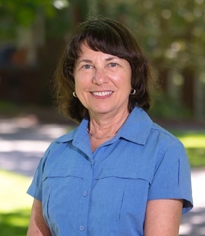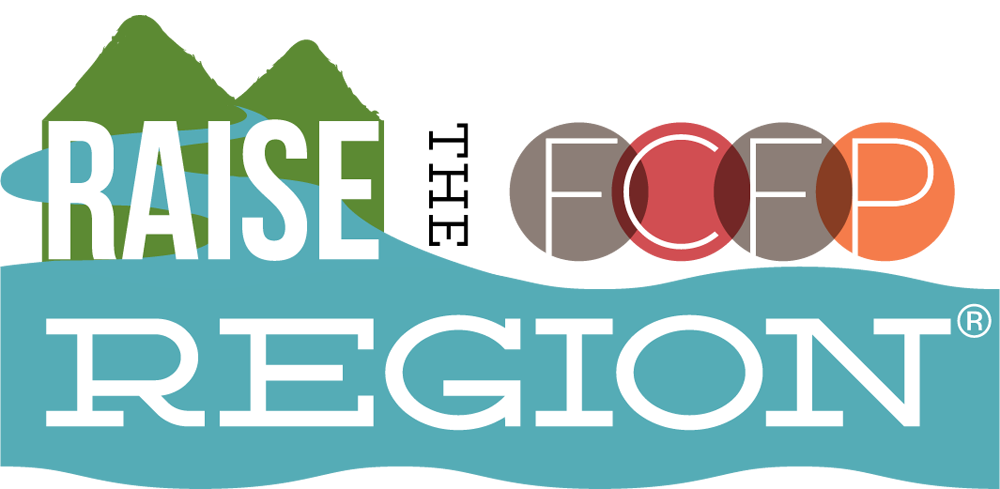Singer Spotlight: Andrea Halpern
September 2020
What is/was your occupation?
I am a Professor of Psychology at Bucknell University. I teach and do research in the area of cognitive psychology and cognitive neuroscience, often looking at how the mind and brain process music, both real and imagined (auditory imagery), and in both younger adults and senior adults.
Oh wow…I think we could chat all day about just that! Maybe we need to bring you on as a guest presenter for our members, or offer ourselves as guinea pigs for your research, haha! In all seriousness though, and as a musician myself, it sounds extremely interesting.
Tell us, how many years have you been singing with the SVC?
I arrived in the Chorale when Bill took over the helm — was that 1995? [actually was 1996] Prior to that I had sung in his Bucknell choir. I served two terms on the SVC Board, including one as Vice President, and I currently serve as informal diction coach for foreign languages, such as French, Italian, German or… British English.
What was your favorite concert or chorale season to date, and why?
Bach Mass in B-Minor is my favorite piece so that always has to be on my list. Among pieces I’ve done only with the SVC, though, I put Bluegrass Mass in the top tier. The innovative blend of bluegrass instrumentation, with classical idiom, combined with a modern take on the Catholic Mass liturgy, and performing with Monroe Crossing (who commissioned the work) was a unique experience. I also very much enjoyed the Downton Abbey program, as I think American audiences and choirs are not so frequently exposed to English music, and this included some both famous pieces and works not well known even in England. Plus I got to dress up and sing the solo line in Rule Britannia at the end. Vaughn Williams Sea Symphony was another favorite, with complex writing to beautiful poetry. I like singing challenging music and SVC always rises to the challenge.
The B-Minor Mass is certainly classic, and also very challenging. Vaughn Williams is always feel good stuff, and so easy to get lost in his romantic themes, lush harmonics, and transporting imagery. However, I must agree, the Downton Abbey concert was also one of my personal favorites since I’ve been singing with the chorale. You can connect with people on an entirely different level when you are incorporating mixed media, as we did for that program, especially when it involves a subject that was at the peak of it’s popularity at the time.
Do you have any other musical involvements?
As I noted above, I combine music with some of my science, and in several recent endeavors, collaborated with music directors in audience engagement research, specifically the effects on audiences of repeating a piece on a concert program. This included a collaboration with the conductor of the Bucknell Orchestra, Christopher Para, in an entire program called Science and the Symphony. I suggested a few pieces, like the first movement of Beethoven’s 5th, as it is one of the pieces spinning up in space on the Golden Record. I have an extensive background singing Renaissance music (and in grad school sang the Gregorian liturgy for a High Mass every Sunday) thus I organize (in normal times) an informal Early Music ensemble at Bucknell, which includes some members of the SVC. I have an alto recorder on my shelf, but alas it’s been a while since I practiced.
Well, there’s no question that music is an integral part of your identity, as it has clearly influenced many aspects of your life…both in work and play. Although, sounds like maybe it’s not really work for you. As the saying goes…figure out how to do what you love and get paid for it. Well done, Andrea…you’re doing great things, and we appreciate all your efforts towards not only creating music, but helping us understand music. Thank you.
Professor Andrea Halpern




